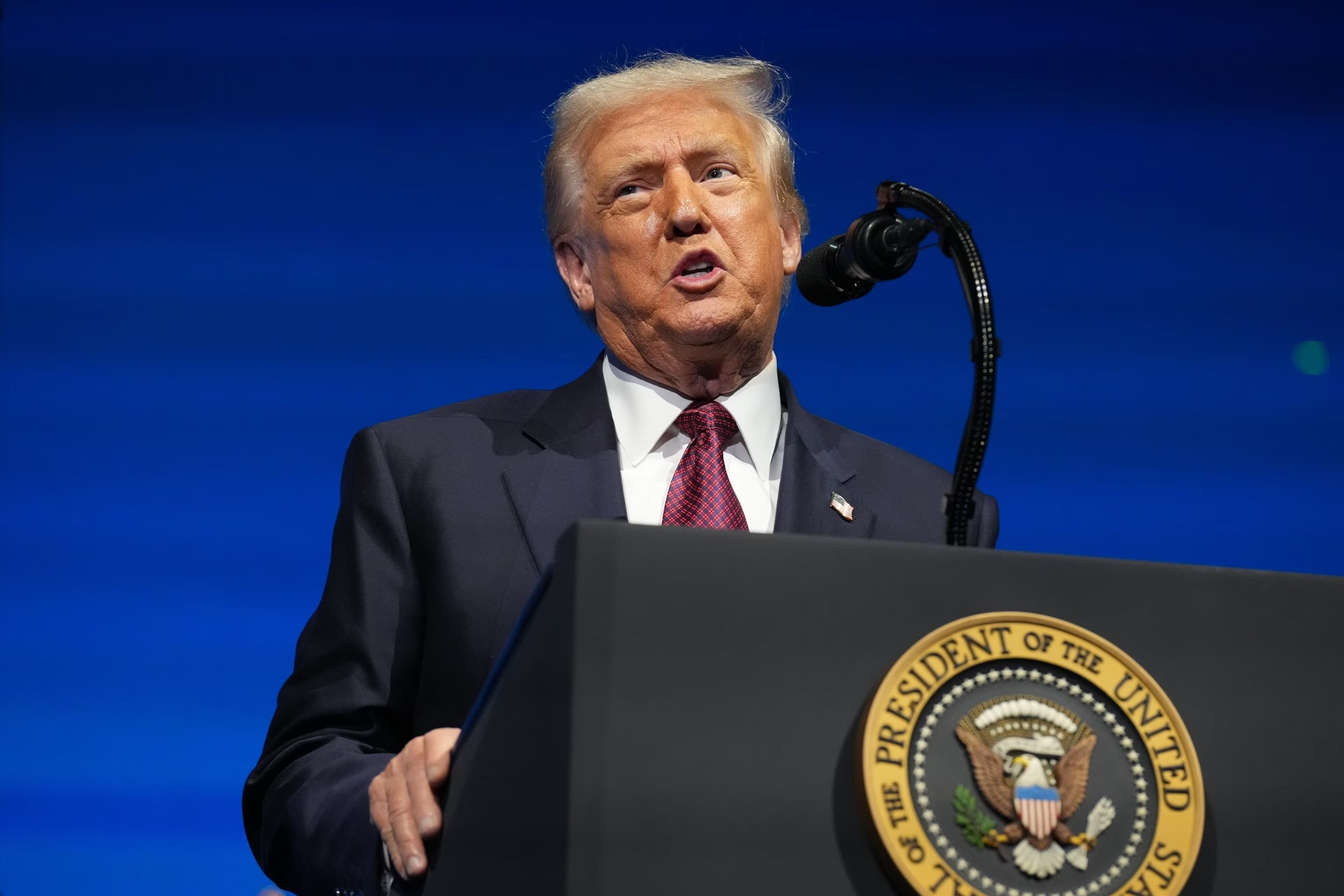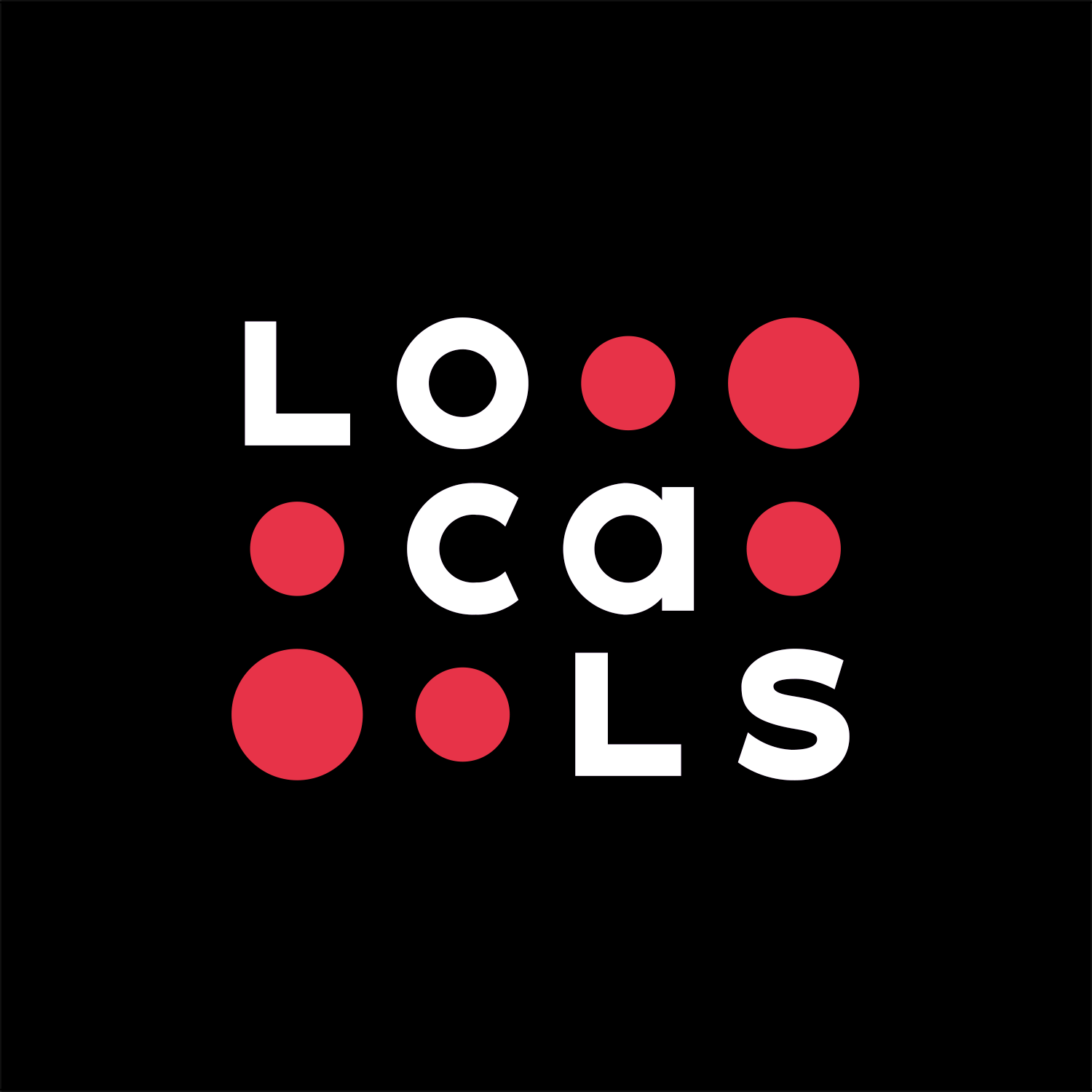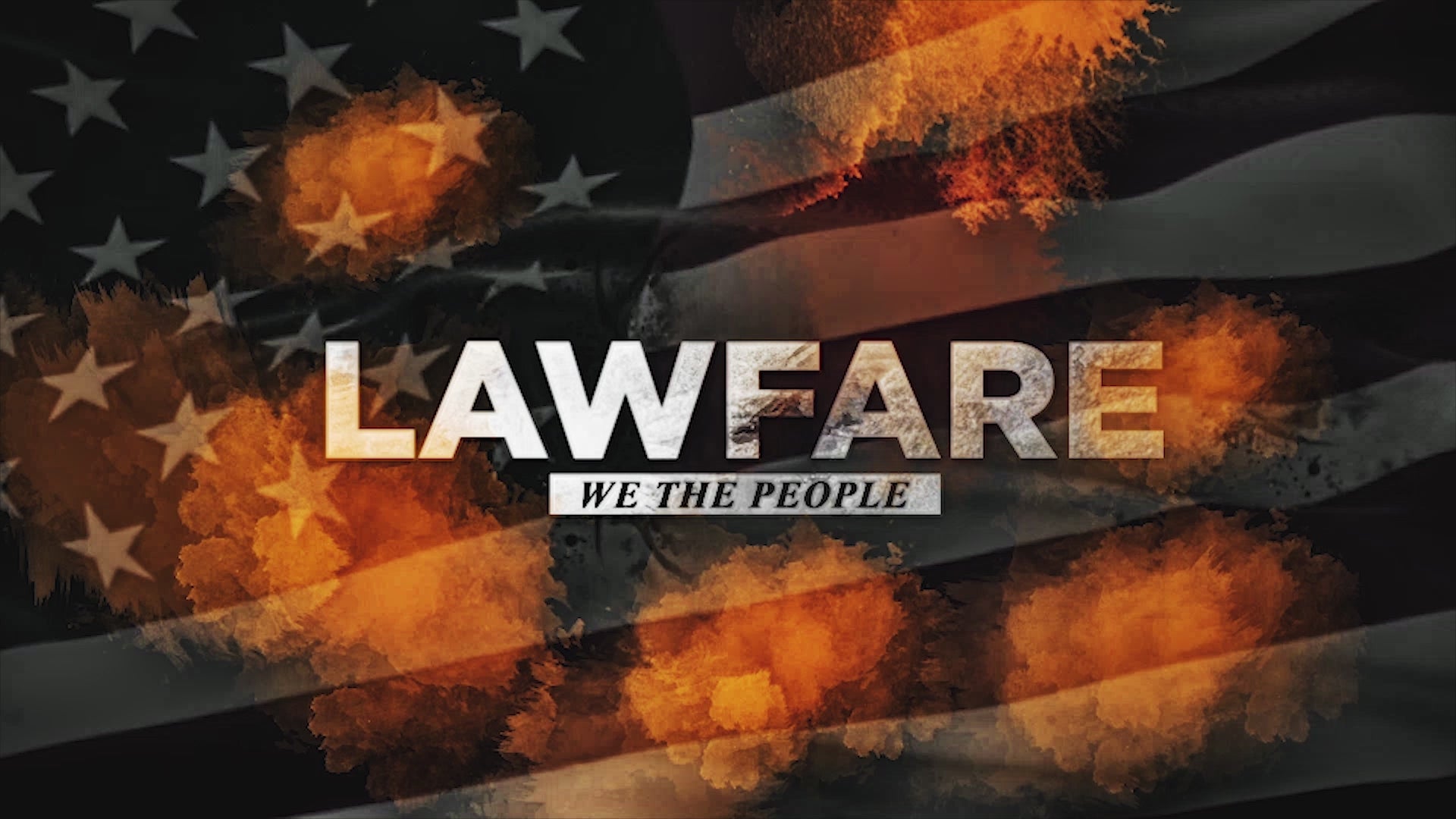As the federal government shutdown eclipses its 37th day on November 6, 2025, a federal judge’s gavel has struck a nerve in the escalating battle over hunger in America. U.S. District Judge John J. McConnell Jr. in Rhode Island issued a stern order Thursday, mandating the Trump administration to disburse full Supplemental Nutrition Assistance Program (SNAP) benefits for November by end-of-day Friday—averting a total cutoff for 42 million low-income Americans who rely on these $8 billion monthly allotments to stave off empty pantries.
This ruling, building on twin federal decisions last Friday, rebukes the White House’s foot-dragging and partial-funding gambit, tapping into a $5.25 billion USDA contingency reserve and untapped tariff revenues to bridge the gap. Yet, in a White House still seething from judicial overreach, President Trump has vowed to hold the line: no full payouts until Congress passes a continuing resolution (CR) to reopen the government. It’s a high-wire act of fiscal brinkmanship, where the safety net frays and the consequences— from corner-store looting to eroded self-reliance—threaten to unravel the social fabric.
The crisis traces to October 1, when lapsed appropriations shuttered non-essential operations, furloughing 670,000 workers while essential staff toiled unpaid. SNAP, the nation’s bulwark against food insecurity, was always vulnerable: fully federally funded, it demands fresh congressional dollars monthly. The USDA, under Agriculture Secretary Brooke Rollins, initially froze November disbursements, citing “the well has run dry” without new appropriations.
A coalition of 25 Democratic-led states sued, arguing the administration’s refusal to raid emergency reserves violated statutory mandates and inflicted “irreparable harm” on vulnerable families. Judges in Rhode Island and Boston agreed, slapping temporary restraining orders and demanding the use of contingency funds—$4.6 billion for partial coverage, plus child nutrition tariffs for the rest.
Trump’s response? Defiance wrapped in demands. In a fiery Truth Social post Tuesday, he blasted SNAP’s “billions and billions” expansion under Biden as a “haphazard handout to anyone for the asking,” vowing benefits “will be given only when the Radical Left Democrats open up government… and not before!” White House officials later soft-pedaled, claiming compliance with partial payments (slashing allotments by up to 61% for millions, per the Center on Budget and Policy Priorities), but the president doubled down: no CR, no full aid.
This isn’t Trump’s first rodeo—his first-term shutdowns spared SNAP via executive maneuvers—but now, with Senate Democrats stonewalling over ACA subsidies and Republicans eyeing filibuster nukes, he’s leveraging hunger as a bargaining chip. Critics howl it’s unconstitutional cruelty; supporters see it as tough love, forcing fiscal accountability.
The human stakes couldn’t be higher. Without full SNAP, food banks brace for a deluge: states like Arkansas and Pennsylvania report $60 million staffing shortfalls, while rural retailers warn of economic hemorrhage. Desperation is already bubbling over. Social media erupts with viral threats—“If EBT cards go dark, stores go dark too”—as viral YouTube rants from affected families vow to “steal if benefits stop.” In Columbus, Ohio, a downtown Dollar General boarded windows, citing corporate fears of SNAP-fueled looting.
Retail security firms like TAL Global report a spike in chatter targeting Walmarts and grocers, with X posts explicitly naming chains for potential raids. These aren’t idle words; they’re the bitter fruit of long-term dependency, where decades of welfare expansion have bred a culture of entitlement over empowerment. For too many, SNAP isn’t a bridge but a crutch—$186 billion slashed in Trump’s prior megabill, yet enrollment ballooned under lax rules. The conscience weighs heavy: When the state supplants self-sufficiency, it shouldn’t shock that some, habituated to free lunches, turn to theft when the trough empties. It’s a moral failing, not just fiscal—laziness masquerading as need, where work requirements gather dust amid 42 million claimants.
Enter the deeper fix, beyond courtroom Band-Aids. SNAP is no inalienable right; it’s an entitlement add-on, a congressional grace note, not property seized by government fiat. Withholding it during a shutdown-induced cash crunch isn’t rights infringement—it’s reality, a congressional spat the executive can’t unilaterally resolve without overstepping Article I. Judges like McConnell may bark up the wrong tree, compelling funds from reserves meant for disasters, not political poker. Trump holds constitutional high ground to veto or impound dubious spending, but this Senate filibuster farce demands lawmakers’ gavel, not his wallet.
The true path forward? Gradual weaning: Phase out universal access with ironclad work mandates, tying benefits to job training and apprenticeships. Inject opportunity—tax credits for small businesses hiring SNAP vets, vocational hubs in high-unemployment zones—to let folks enrich themselves through sweat, not subsidies. It’s politically thorny, but culturally essential: Break the cycle of handouts that foster sloth, replacing it with ladders of self-made prosperity. Until then, this shutdown’s SNAP saga is less about judicial heroism than congressional cowardice—a theater of the absurd where 42 million plates grow cold, and America’s conscience starves.










Share:
The Vance-Kirk Embrace: Mourning, Politics, and the Shadows of Charlie Kirk’s Assassination
Justice Department Probes Black Lives Matter: A Deep Dive into Allegations of Donor Fraud and Looming Legal Reckoning